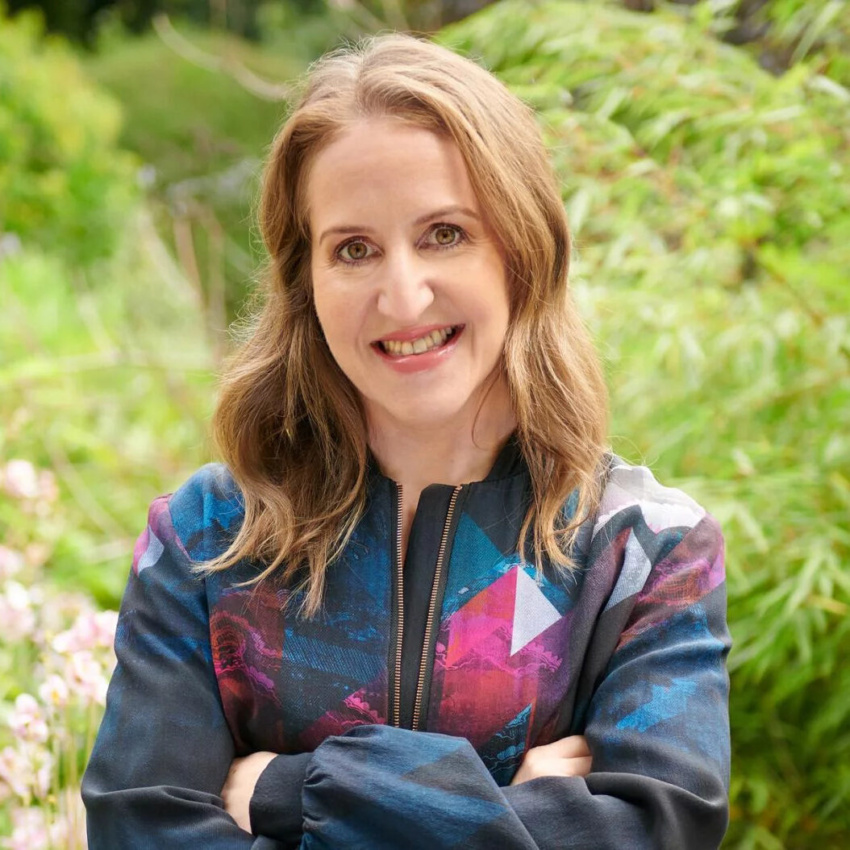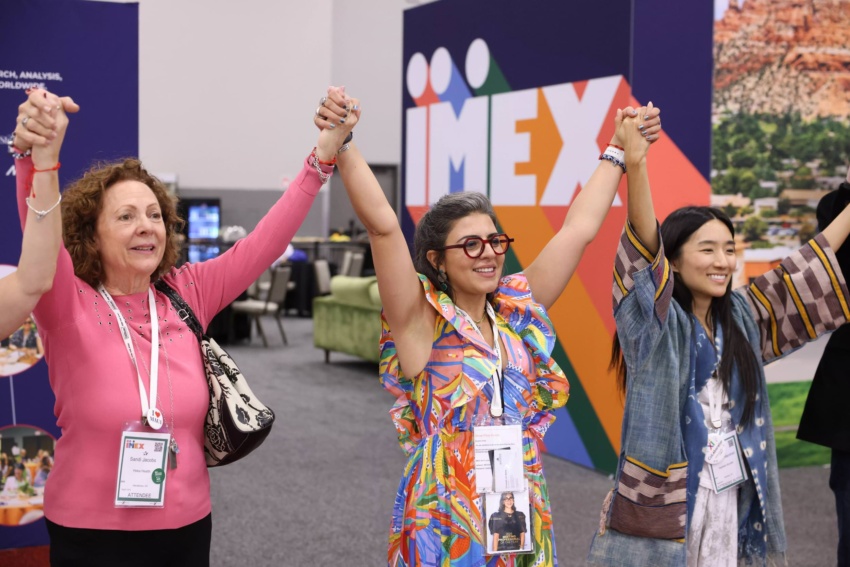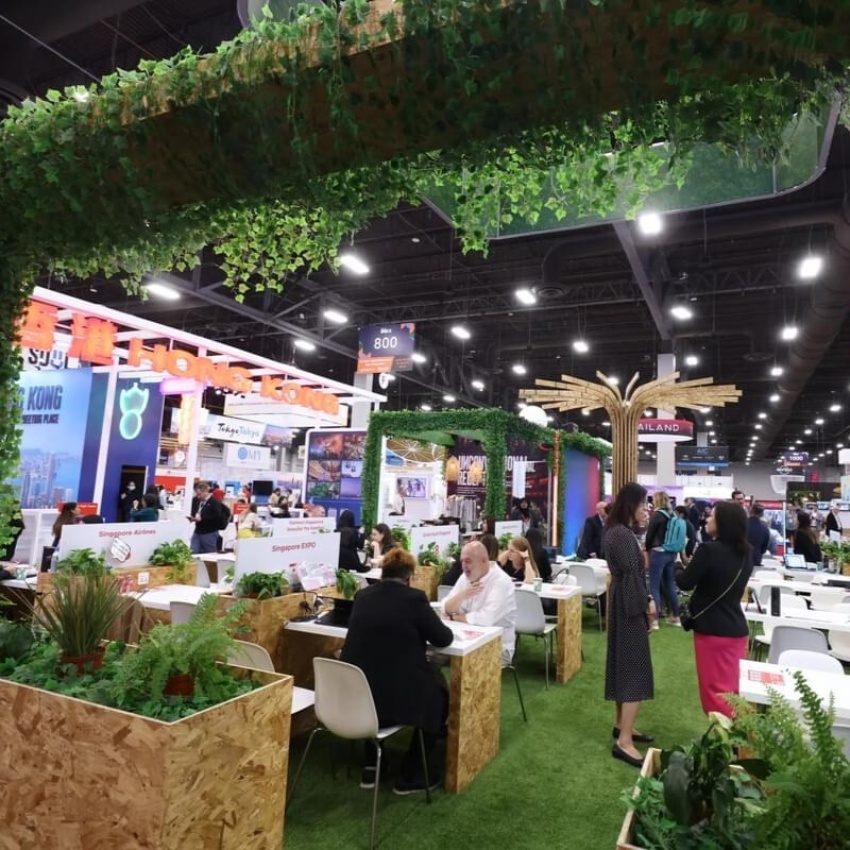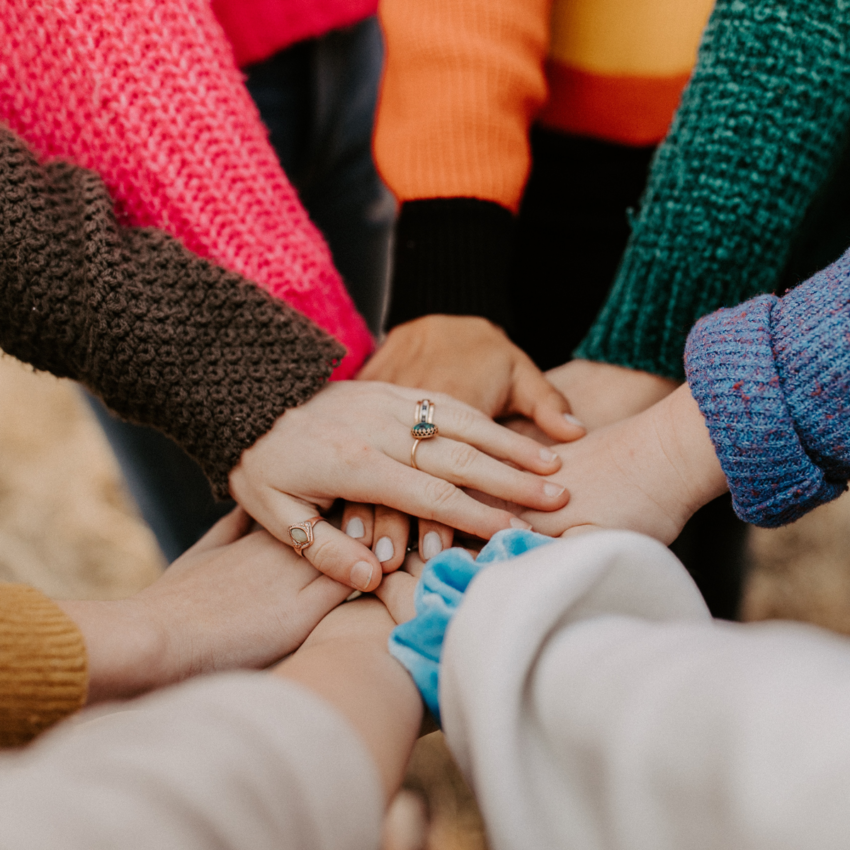To quote a recent edition of New Scientist magazine, “Ancient Egyptians would have considered it bizarre to contemplate whether the brain might contain our mind. For them, the heart was the repository for our thoughts and wisdom.”
Whether you believe that humans are two-part beings (body and mind) or three-part beings (body, mind and soul) there’s no denying the heart is the center of our emotional experience.
Yet, despite advances in quantum physics and other fields, Newtonian principles still prevail, encouraging us to focus on the external world – the world of physical matter and form – rather than our rich, dynamic and keenly responsive inner world.
Valentine’s Day gives us a great excuse to ask ‘where’s the heart and the love’ in the way we’re living now? Not the romantic heart defined by personal love or one-to-one attachments but the love that represents a more enduring, timeless source of connection.
Love for colleagues
According to research conducted by Wharton Professor, Sigal Barsade and her team, one of these forms of love is ‘companionate love.’ “Companionate love is when colleagues who are together day in and day out, ask and care about each other’s work and even non-work issues. They’re careful of each other’s feelings. They show compassion when things don’t go well. And they also show affection and caring — and that can be about bringing somebody a cup of coffee when you get your own, or just listening when a co-worker needs to talk.”
In her TED Talk she explains the opposite of love is not hate, as many of us tend to think, but indifference. Indifference sucks the life out of our people and projects. Where love ignites energy, care and connection, indifference does the opposite. It offers nothing but empty resistance.
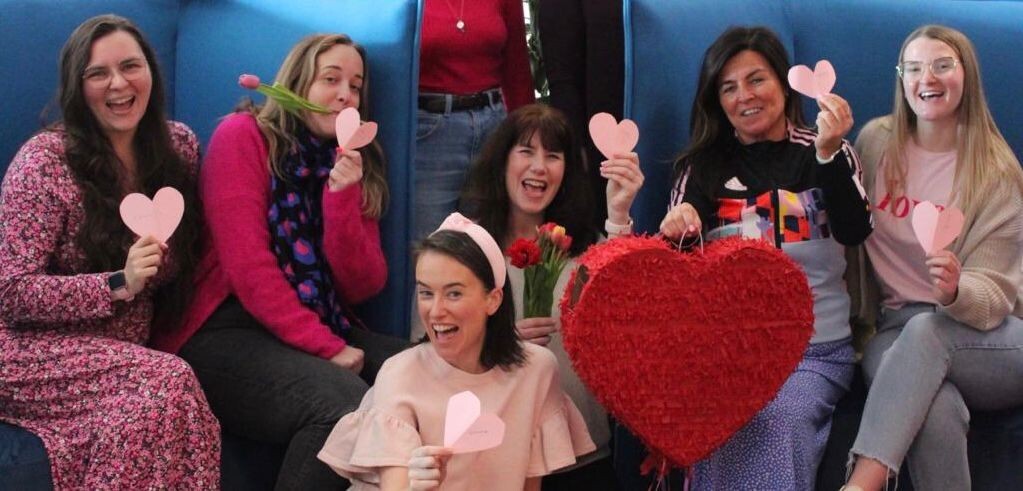
Love is an action
High-performance psychologist and well-being expert, Michael Gervais, says nobody achieves anything alone, not even the highest performing elite athlete. This applies at work too where we’re all interconnected and interdependent.
With one in three people in the US currently suffering from depression, ask him how to find the things that make us feel more love and more alive and he says, “Nothing outside of you can give you that feeling. Joy and happiness come from how we interpret our experiences. The work must be done on the inside.”
One way to unlock more feelings of love is to be in service to something greater than you. “When love comes towards you there’s an obvious benefit, and when you share love out, it’s the same thing. Find something that matters and is bigger than you – give love and be of service." (He adds an important qualifier here though - “If this feels too overwhelming, begin with your own self-care first.”)
The science of the heart/brain connection
One parting thought on the power of non-romantic love and the role of the heart in the human experience. According to the HeartMath Institute, "We’ve been taught in school that the heart is constantly responding to "orders" sent by the brain in the form of neural signals. However, what’s not as commonly known is that the heart sends more signals to the brain than the brain sends to the heart! Moreover, these heart signals have a significant effect on brain function—influencing emotional processing as well as higher cognitive faculties such as attention, perception, memory, and problem-solving. In other words, not only does the heart respond to the brain, but the brain continuously responds to the heart.”
Wouldn’t it be ironic, given the volume and sophistication of information at our fingertips in 2024, if the path to a more harmonious, loving and peaceful world – or workplace – was simply to lead from and listen to our loving hearts?


